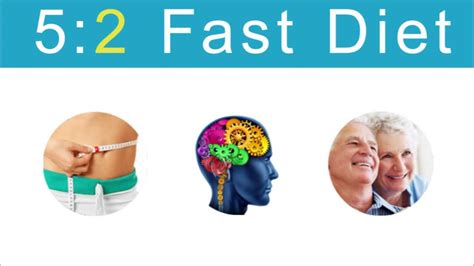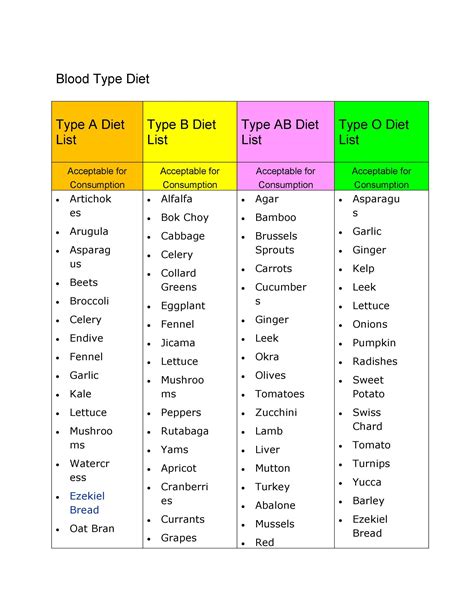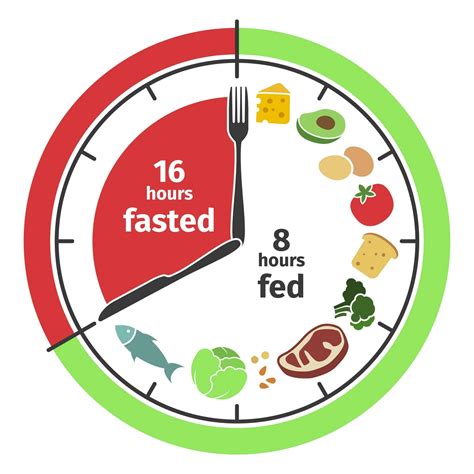Discover the benefits of the 5:2 diet and learn about its principles, meal plan, and success stories. Start your journey to better health today!
Introduction to 5:2 Diet
Contents
5:2 Diet is a popular form of intermittent fasting that involves eating normally for five days of the week and reducing calorie intake drastically for the remaining two days. This diet has gained popularity for its simplicity and potential health benefits. The concept behind the 5:2 Diet is to give the body a break from constantly processing food, which can lead to improved metabolic function and better weight management.
Many people find the 5:2 Diet to be a more sustainable way of losing weight compared to traditional calorie-restricted diets. The simplicity of only needing to restrict calories for two days a week makes it easier for adherents to stick to the plan. The 5:2 Diet also allows for flexibility on non-fasting days, making it easier to maintain a social life while following the diet.
Following the principles of the 5:2 Diet involves consuming a very limited amount of calories on fasting days, typically around 500-600 calories for women and 600-700 calories for men. On non-fasting days, adherents are encouraged to eat normally without overindulging to compensate for the restricted calories on fasting days.
There are numerous potential benefits to following the 5:2 Diet, including weight loss, improved metabolic health, and reduced risk of chronic diseases such as diabetes and heart disease. Some people also report increased energy levels and improved mental clarity when practicing intermittent fasting.
For those interested in trying the 5:2 Diet, it’s important to have a meal plan in place to ensure proper nutrition and calorie control on fasting days. This may involve careful meal preparation and planning to make the most of the limited calorie allowance. Many people find success with the 5:2 Diet and have shared inspiring results and success stories of their weight loss and improved health after following the plan.
Principles of 5:2 Diet
The 5:2 diet is a form of intermittent fasting, which involves eating normally for five days a week and restricting calorie intake on the other two days. The principles of the 5:2 diet are based on the concept of calorie restriction and its potential impact on weight loss and overall health.
One of the key principles of the 5:2 diet is the emphasis on flexibility. Unlike traditional diets that require strict adherence to a specific meal plan, the 5:2 diet allows individuals to choose which days to fast and when to consume their reduced calorie intake. This flexibility can make it easier for people to integrate the 5:2 diet into their lifestyle.
Another important principle of the 5:2 diet is calorie restriction. On the two fasting days, individuals are encouraged to consume only 25% of their daily calorie needs, which typically amounts to around 500-600 calories for women and 600-700 calories for men. This level of calorie restriction is believed to trigger metabolic changes in the body that can lead to weight loss and other health benefits.
Healthy eating is also a fundamental principle of the 5:2 diet. While individuals are allowed to indulge in their favorite foods on non-fasting days, it is important to focus on nutritious, whole foods that provide essential nutrients and support overall well-being. By incorporating healthy eating habits into their routine, individuals can maximize the benefits of the 5:2 diet.
The principles of the 5:2 diet are rooted in the idea of creating a sustainable and manageable approach to weight management and improved health. By incorporating flexibility, calorie restriction, and healthy eating, the 5:2 diet offers a unique and effective strategy for achieving long-term wellness.
Benefits of 5:2 Diet
The 5:2 diet, also known as the Fast Diet, is a popular intermittent fasting regimen that involves eating normally for five days a week and restricting calories on the other two days. This eating pattern has gained attention for its potential health benefits, including weight loss, improved metabolic health, and reduced risk of chronic diseases.
One of the key benefits of the 5:2 diet is its potential to aid in weight loss. By cutting back on calories for two non-consecutive days each week, individuals may be able to create a calorie deficit that can lead to a reduction in body weight over time. Studies have shown that intermittent fasting regimens like the 5:2 diet can be effective for promoting fat loss and preserving lean muscle mass.
In addition to weight loss, the 5:2 diet may also offer metabolic benefits. Research suggests that intermittent fasting can lead to improvements in insulin sensitivity, blood sugar control, and other markers of metabolic health. This may be particularly beneficial for individuals with prediabetes or type 2 diabetes.
Another potential advantage of the 5:2 diet is its impact on longevity and disease prevention. Some studies have found that intermittent fasting can help to reduce inflammation, protect against oxidative stress, and enhance cellular repair processes. These effects may contribute to a lower risk of developing conditions such as heart disease, cancer, and Alzheimer’s disease.
Overall, the 5:2 diet has the potential to offer a range of health benefits, including weight loss, improved metabolic health, and reduced risk of chronic diseases. However, it’s important to consult with a healthcare professional before starting any new diet or fasting regimen, especially if you have underlying health conditions or concerns.
Meal Plan for 5:2 Diet
The 5:2 diet is a popular form of intermittent fasting that involves eating normally for five days of the week and restricting calorie intake for the remaining two days. The 5:2 diet allows for flexibility and does not require specific meal plans or calorie counting on non-fasting days. However, it is important to have a well-thought-out meal plan for the two fasting days to ensure proper nutrition and control over calorie intake.
On the fasting days of the 5:2 diet, individuals are advised to consume around 500-600 calories for women and 600-700 calories for men. It is crucial to focus on nutrient-dense foods that will keep you feeling full and satisfied during these low-calorie days. A typical meal plan for a fasting day on the 5:2 diet could include a combination of lean protein sources, vegetables, and small portions of healthy fats to provide essential nutrients within the restricted calorie intake.
For example, breakfast on a fasting day could consist of a small serving of Greek yogurt with a handful of berries. Lunch may include a mixed salad with grilled chicken or tofu, dressed with a light vinaigrette. For dinner, a serving of steamed fish with a side of roasted vegetables would be a suitable option. It is essential to stay hydrated throughout the day by drinking plenty of water, herbal teas, and other non-caloric beverages.
It is important to note that the 5:2 diet encourages mindful eating and a balanced approach to nutrition, even on non-fasting days. While meal plans are not as strict on regular eating days, it is advisable to focus on whole, unprocessed foods and practice portion control to support overall health and weight management.
| Fasting Day Meal Plan | Calories |
|---|---|
| Breakfast: Greek yogurt with mixed berries | Approx. 150 calories |
| Lunch: Mixed salad with grilled chicken/tofu and vinaigrette | Approx. 250 calories |
| Dinner: Steamed fish with roasted vegetables | Approx. 300 calories |
Results and Success Stories
The 5:2 Diet has gained popularity in recent years, and for good reason. Many individuals have found success in achieving their weight loss and health goals through this unique approach to intermittent fasting. By following the 5:2 Diet, people have been able to lose weight, improve their overall health, and even reverse certain medical conditions.
One success story comes from Sarah, a busy professional who struggled with her weight for years. After implementing the 5:2 Diet into her lifestyle, she was able to shed 20 pounds in just a few months. Not only did she experience weight loss, but she also noticed increased energy levels and improved mental clarity.
Another individual, John, was able to significantly lower his cholesterol levels by following the 5:2 Diet. After struggling with high cholesterol for years, he was relieved to see such positive results from this approach. He also reported feeling more focused and productive at work, thanks to the mental benefits of intermittent fasting.
These success stories are just a few examples of the many positive outcomes that have been achieved through the 5:2 Diet. It’s clear that this approach to intermittent fasting has the potential to transform lives and improve overall well-being.












